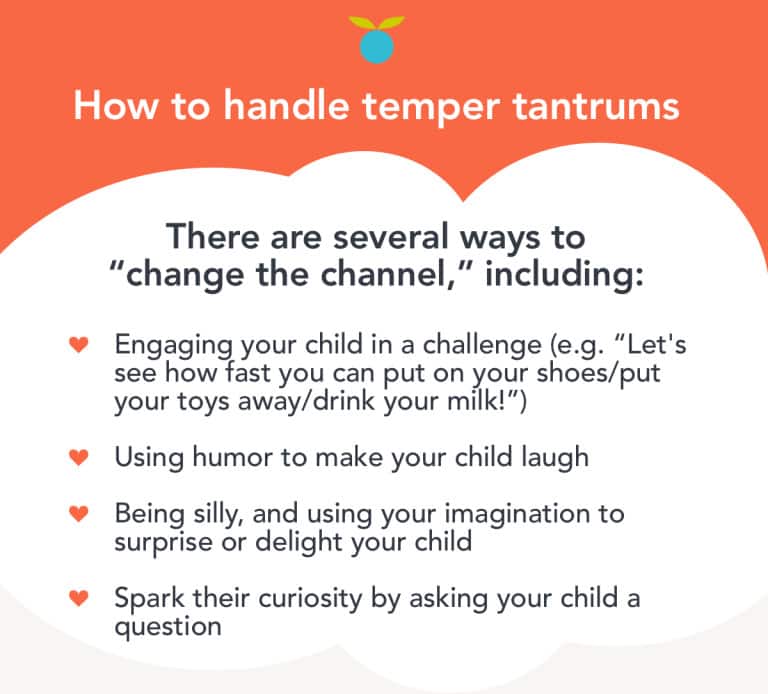Understanding and Managing Your Child’s Tantrums
Hello there, wonderful parents! If you are reading this, chances are you’ve experienced your fair share of your little one’s floor-pounding, scream-filled, tear-drenching tantrums. Don’t fret, you are not alone, and yes, there’s a light at the end of this tear-soaked tunnel! Managing tantrums can seem daunting but with the right approach, you can navigate these stormy emotions and foster a calmer, happier household.
The “Why” Behind the Fury
First things first, understanding why tantrums happen can be a game-changer. Tantrums are a normal part of child development, typically peaking around ages 2-3 when kids are trying to assert independence but lack the verbal skills to express their frustration. Factors like hunger, fatigue, and overstimulation also contribute to these outbursts.
Stay Calm and Be a Role Model
Children learn by imitating, and they’re watching how you handle frustration. Staying calm during their storm of emotions shows them how to regulate their feelings. So, take deep breaths, keep your voice level, and let’s move on to some practical tips.
Practical Tips to Handle the Hullabaloo
Let’s dive into some strategies that you can use the next time a tantrum strikes:
- Validate Their Feelings: Acknowledge your child’s emotions. Saying things like, “I understand you’re upset because you can’t have the toy” shows empathy and helps them feel heard.
- Set Clear Expectations: Before heading to situations that may trigger a tantrum, discuss behavior expectations. For example, prior to a store visit, explain that you will only buy what’s on the list.
- Distract and Divert: Sometimes, quickly changing the focus to another activity or object can nip a tantrum in the bud.
- Provide Choices: Give them a sense of control by offering limited choices. E.g., “Do you want to wear the red shirt or the blue one?”
- Consistent Consequences: If a tantrum occurs, stick to your rules. If you said no treats for throwing toys, hold firm, even if the tantrums intensify.
Remember, patience is key! These intense episodes are as tough for them as they are for you, but with compassion and consistency, you can weather the storm together.
Preventive Measures and Promoting Positive Behavior
Prevention is often more effective than dealing with a full-blown tantrum. Here are some steps to minimize the meltdown madness:
- Stick to Routines: Children thrive on routine. Consistent meal times, naptimes, and bedtimes can reduce the mood swings that lead to tantrums.
- Heads-Up Helps: Let your child know about transitions ahead of time. A five-minute warning before leaving the playground can prevent a public display of displeasure.
- Keep Them Engaged: Boredom often leads to trouble. Keeping kids engaged with activities or conversational games can keep their minds off a brewing fit.
- Positive Reinforcement: Catch your child being good and praise them for it. Positive reinforcement encourages good behavior more effectively than punishing bad behavior.
There’s certainly more to say on this topic, and as we unfold the layers, you’ll find stacks of knowledge and insights to help turn those frowns upside down. more updates coming soon.

5 Essential Things Parents Should Know About Managing Tantrums
While the above pointers provide a wealth of information on managing tantrums, there are five essential things that parents should be especially prepared for. Knowing these will not only prepare you for when a tantrum occurs but also help you in preventing them:
- Respect Development Phases: Tantrums are often linked to developmental stages. As a child’s brain matures, so will their ability to regulate emotions. Understanding that these outbursts are often a phase can make them easier to handle.
- Misbehavior is Not Always Intentional: Sometimes, children simply don’t know how to express their needs or emotions. Recognize that they are not always acting out deliberately but may need your guidance to learn appropriate behavior.
- Be Mindful of Triggers: Pay attention to situations or patterns that lead to tantrums. By spotting these triggers early, you can intervene with a distraction, a snack, or simply by leaving a stressful environment.
- Emotions are Learning Opportunities: Use tantrums as teachable moments. After the storm has passed, talk to your child about their feelings and how to handle them better next time. It’s a great opportunity for emotional education.
- Your Wellbeing Matters Too: Stay mindful of your stress levels, as they can greatly influence your ability to manage your child’s tantrums. Don’t hesitate to take a moment for yourself to breathe and regain composure.
By integrating these five points into your parenting toolkit, you’ll be better equipped to handle the occasional outburst with grace and understanding. Keep in mind that there’s no one-size-fits-all solution, but with a little patience and a lot of love, you can mitigate tantrums and guide your child through their emotional development.
Creating a Tantrum-Proof Environment
While we can’t entirely “tantrum-proof” our lives (because let’s face it, life is full of surprises), we can certainly create a home environment that reduces the likelihood of tantrums. This includes setting up a safe, quiet space where your child can go to calm down, keeping a consistent schedule, and ensuring that your home is a place of understanding and calm.
Communication is Key
As your child’s vocabulary expands, encourage them to name their feelings and express what they want or need. This builds emotional intelligence and helps them develop the tools to say, “I’m angry” or “I need a hug,” instead of resorting to a tantrum. Role-play different scenarios with your child and teach them ways to cope with different emotions.
Finally, embracing the chaos with a lighthearted touch can work wonders. When all is said and done, the tiny human causing all the hullabaloo is still learning and growing—and they need your guidance and love to navigate this strange world. Armed with understanding, patience, and a sprinkle of humor, you’ll not only manage your child’s tantrums but help them grow into emotionally intelligent individuals.
As you can see, managing tantrums is a multifaceted journey, combining understanding, preparation, and proactive approaches. Stay tuned for these sections and more comprehensive advice on navigating the choppy waters of parenting. Keep smiling, dear parents; you’re doing an amazing job!
See more great Things to Do with Kids in New Zealand here. For more information see here
Disclaimer
The articles available via our website provide general information only and we strongly urge readers to exercise caution and conduct their own thorough research and fact-checking. The information presented should not be taken as absolute truth, and, to the maximum extent permitted by law, we will not be held liable for any inaccuracies or errors in the content. It is essential for individuals to independently verify and validate the information before making any decisions or taking any actions based on the articles.




